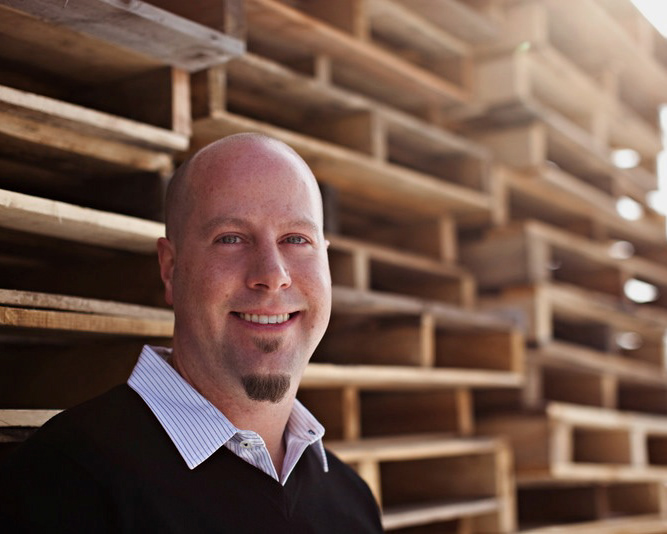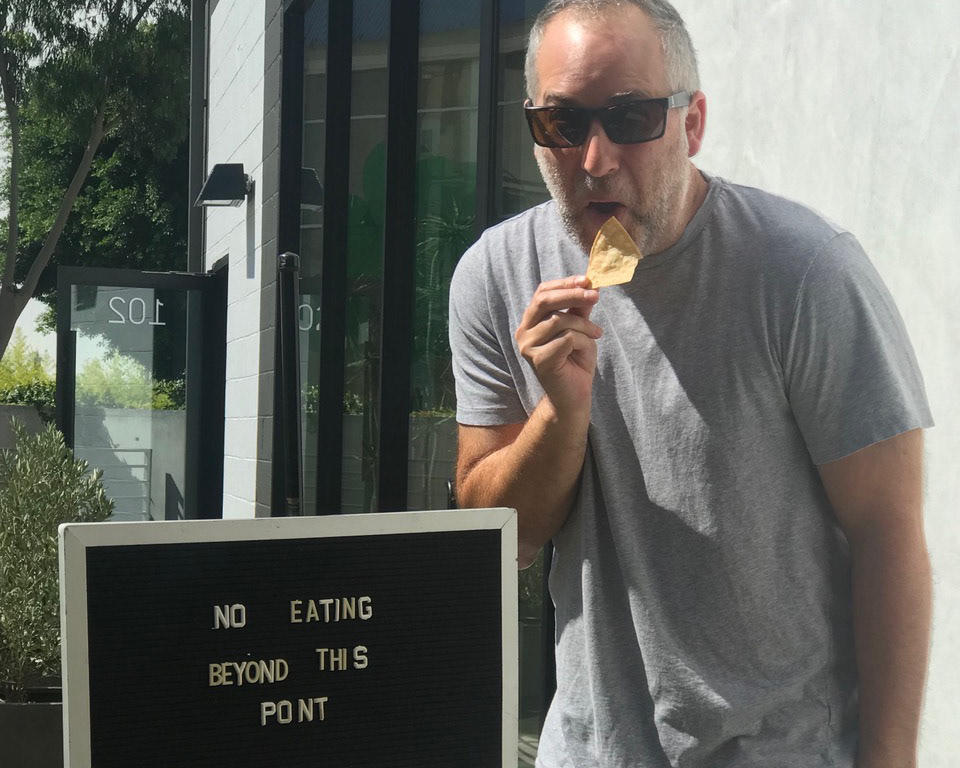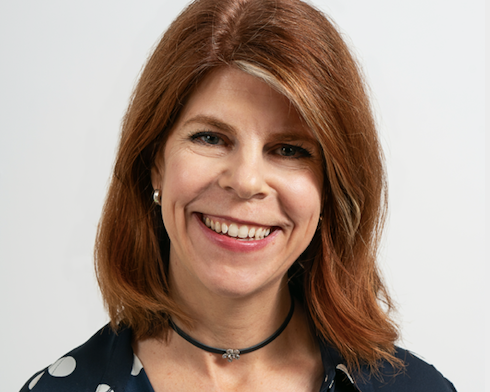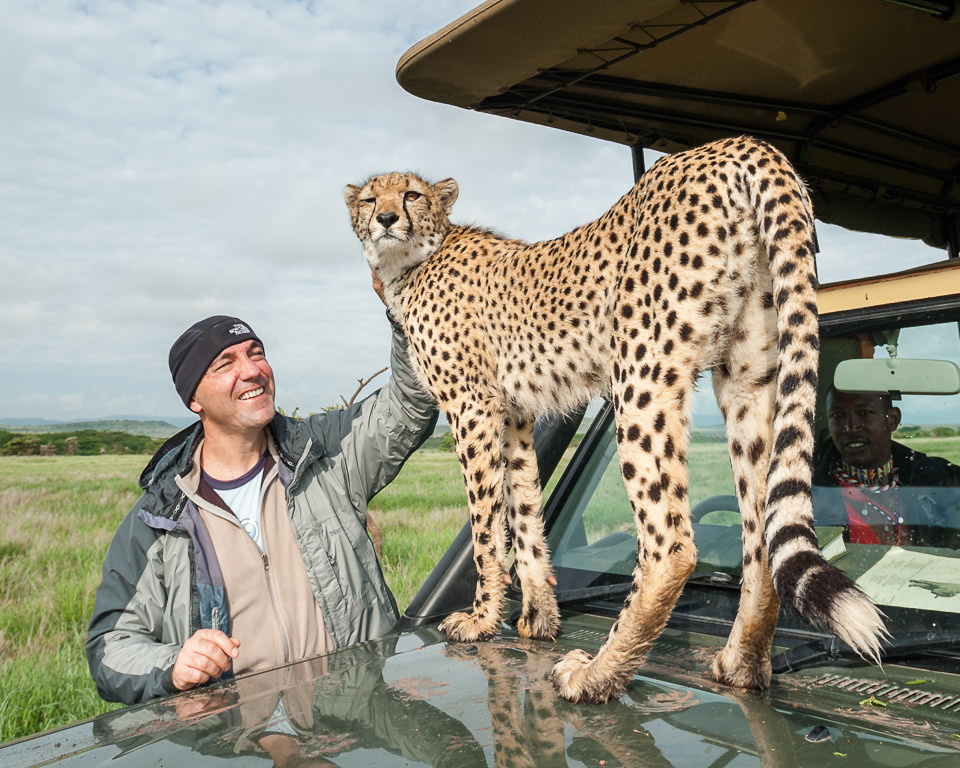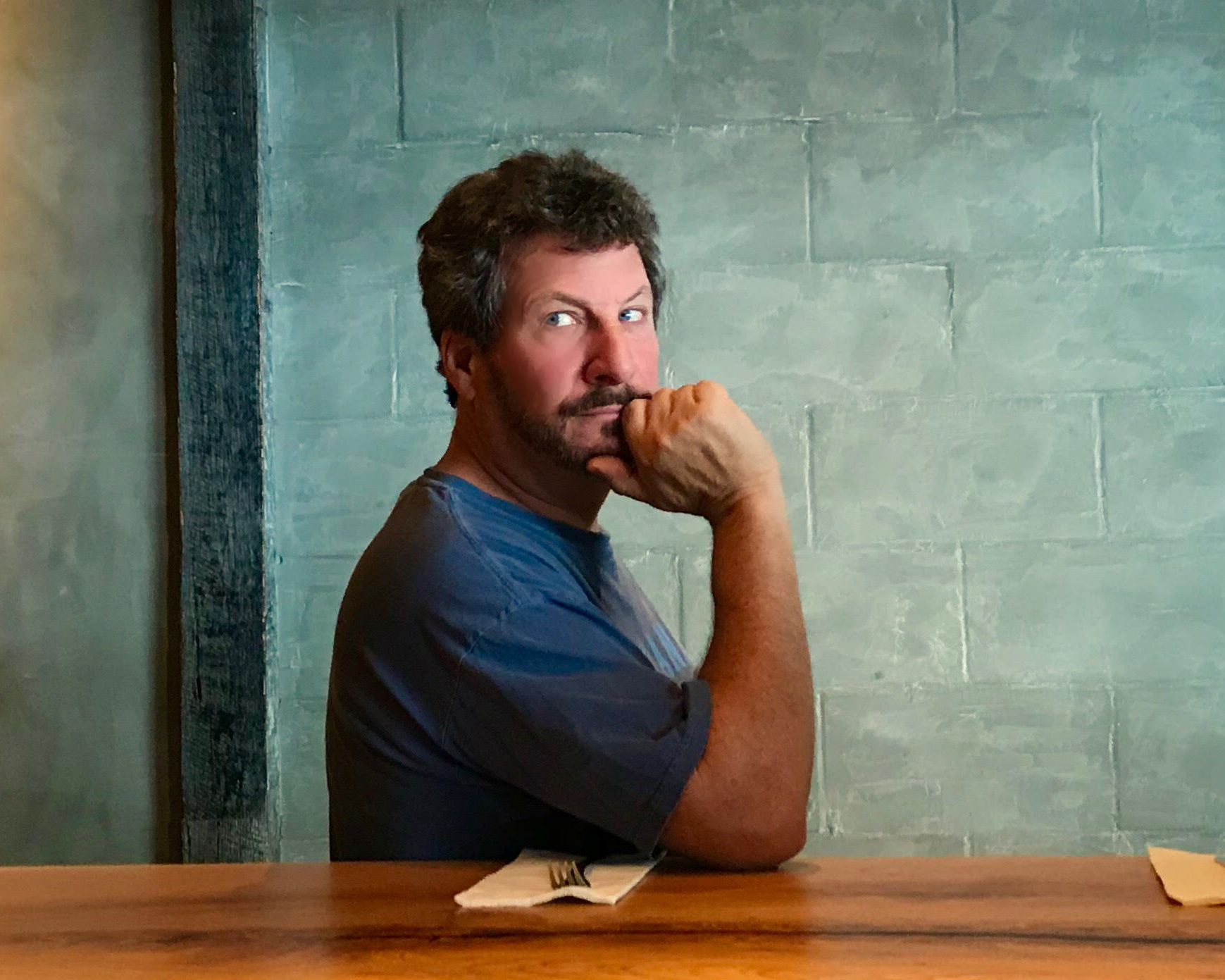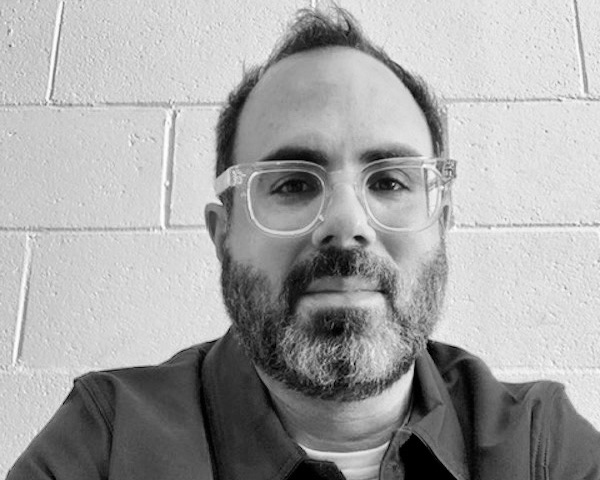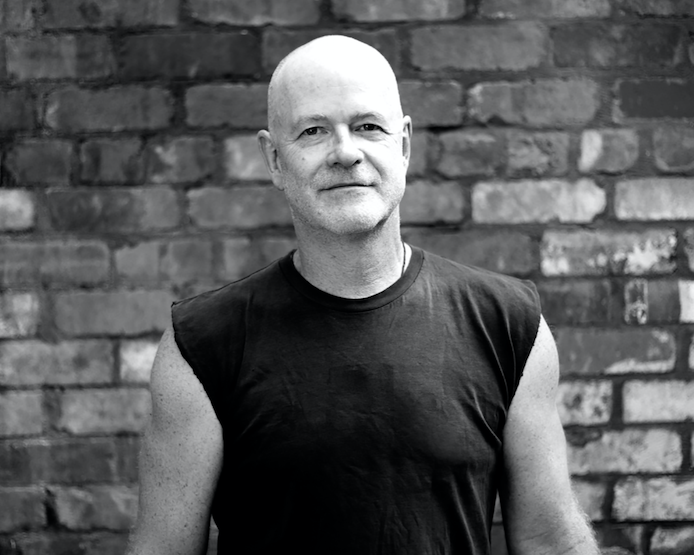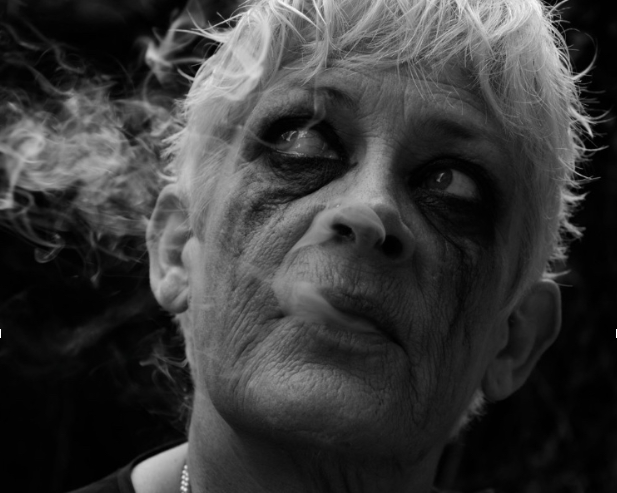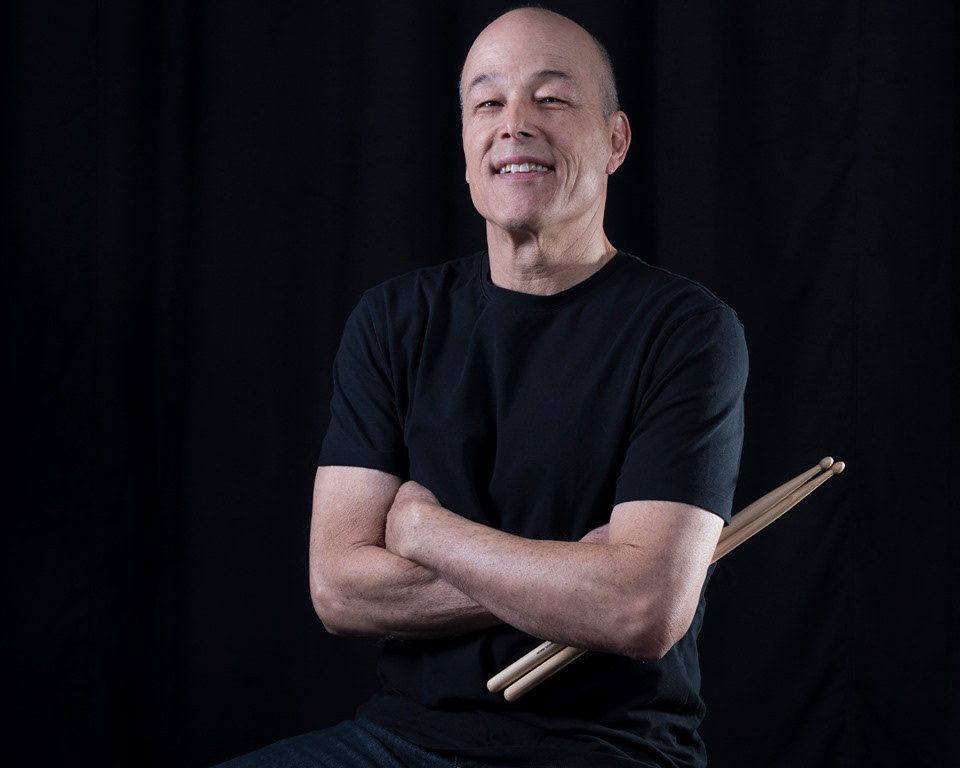Kevin Lynch, the ad guy who laughs in the face of convention, calls Malmö, Sweden, home after a globetrotting career from Chicago to Shanghai. At the Oatly Department of Mind Control, he cooked up wild campaigns like a 523-word billboard in New Zealand, Oatly ads hidden in a 360° gigapixel photo of Barcelona, and a multimedia global launch for an oat milk newsletter. Now, he's the brains behind his own agency, The Wrong Agency. And for the record, he's not afraid to stick it to ageism – his site flaunts all the badass work he's done after hitting the big 5-0. Because who says creativity has an expiration date?
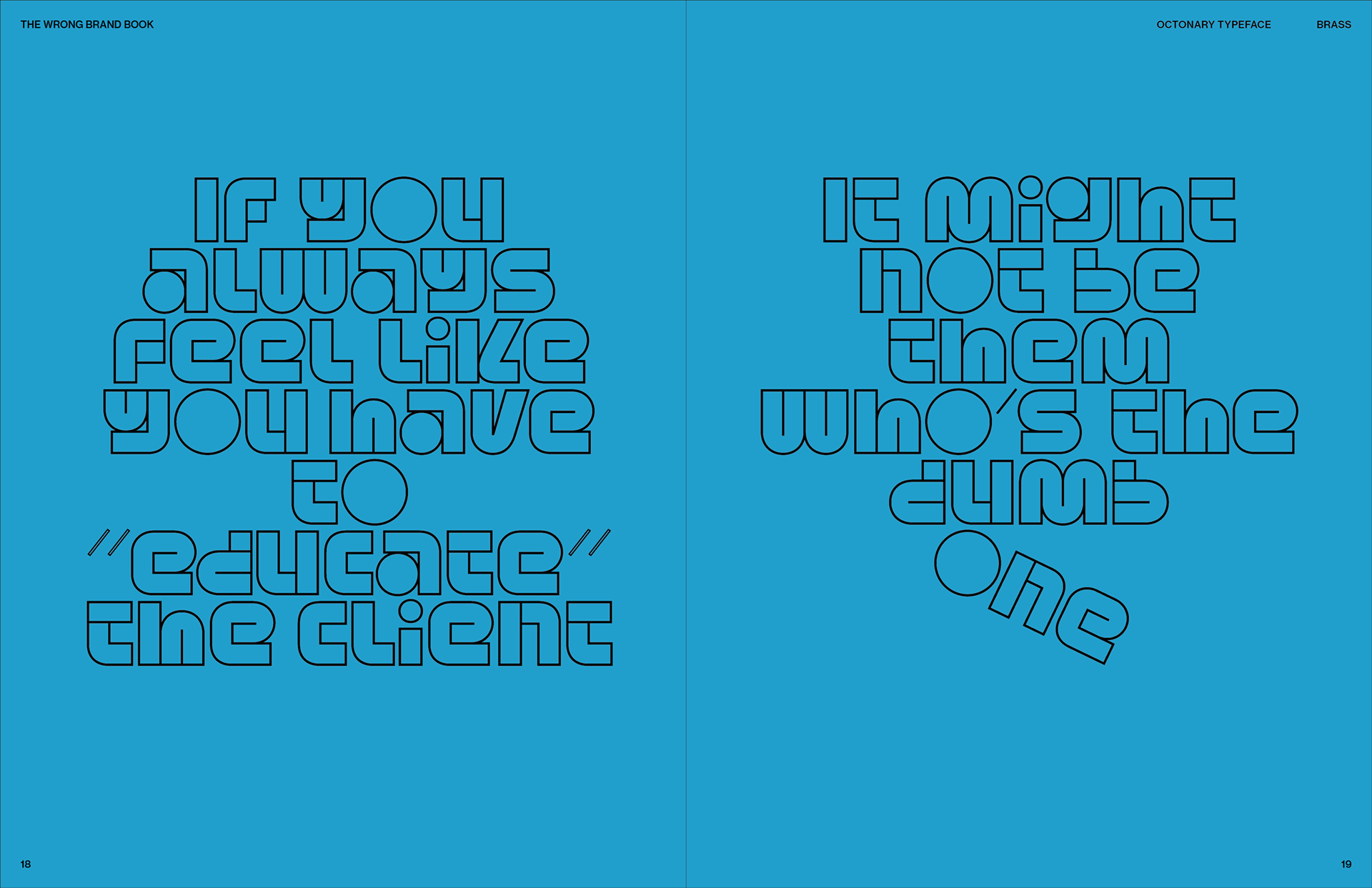
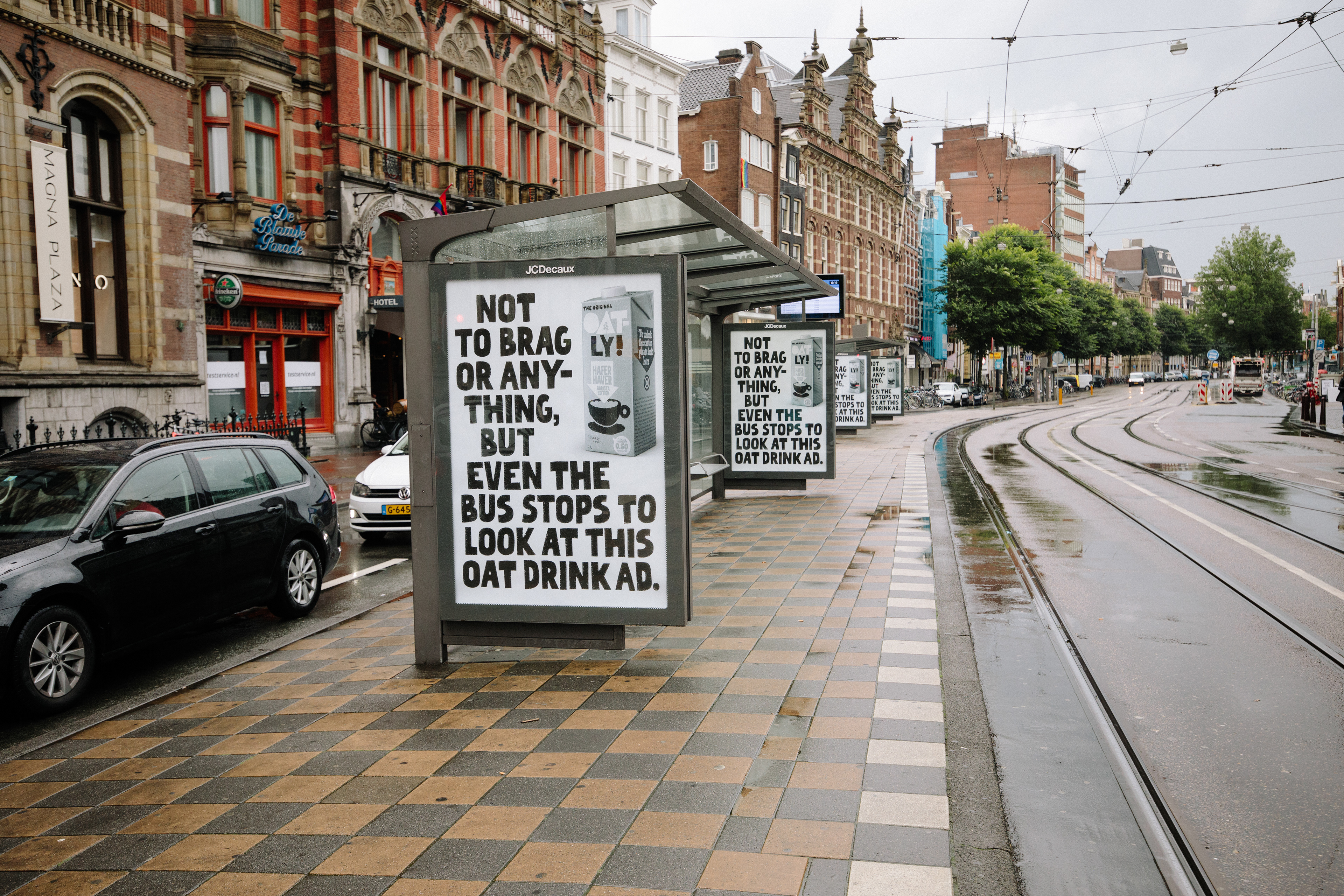
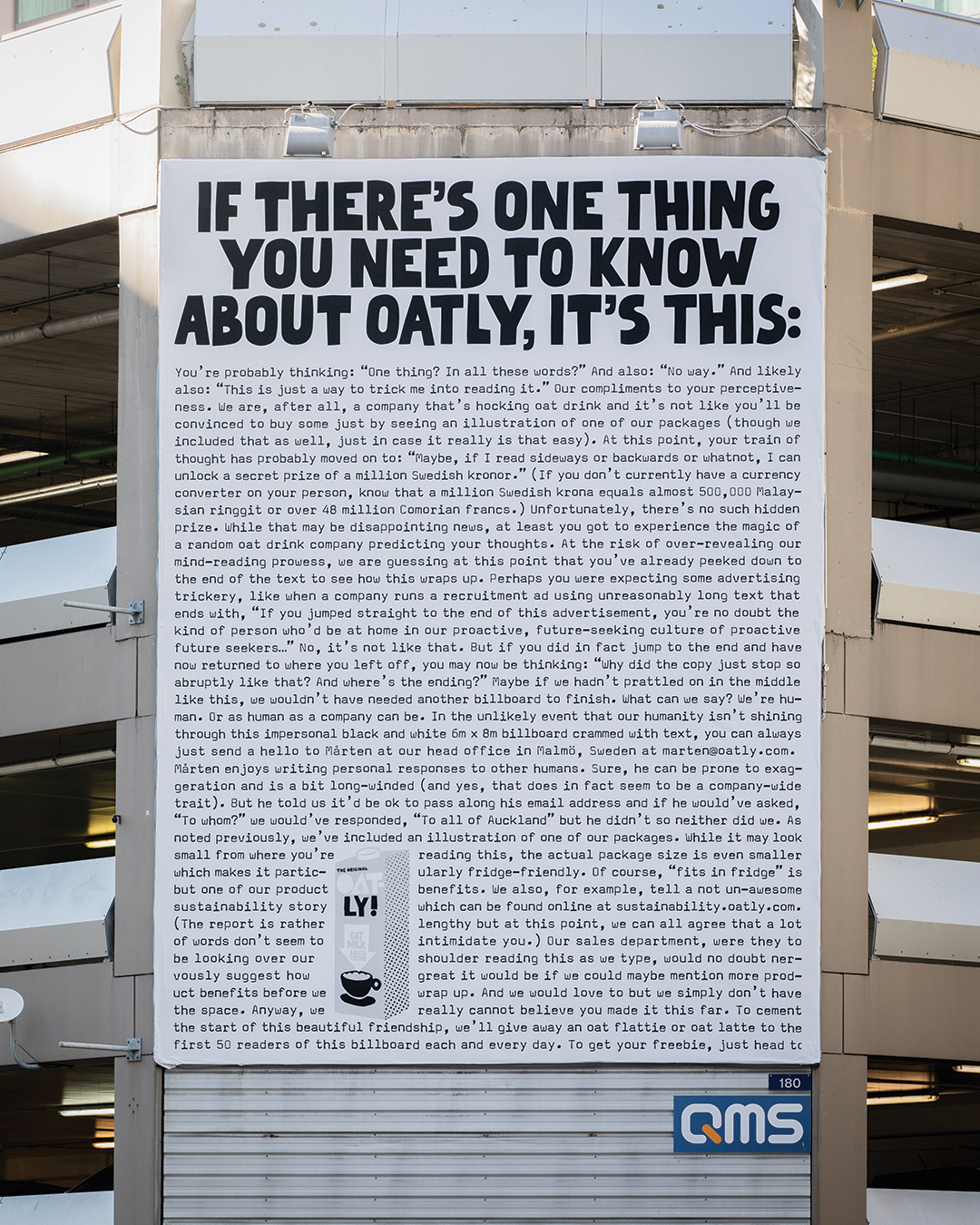

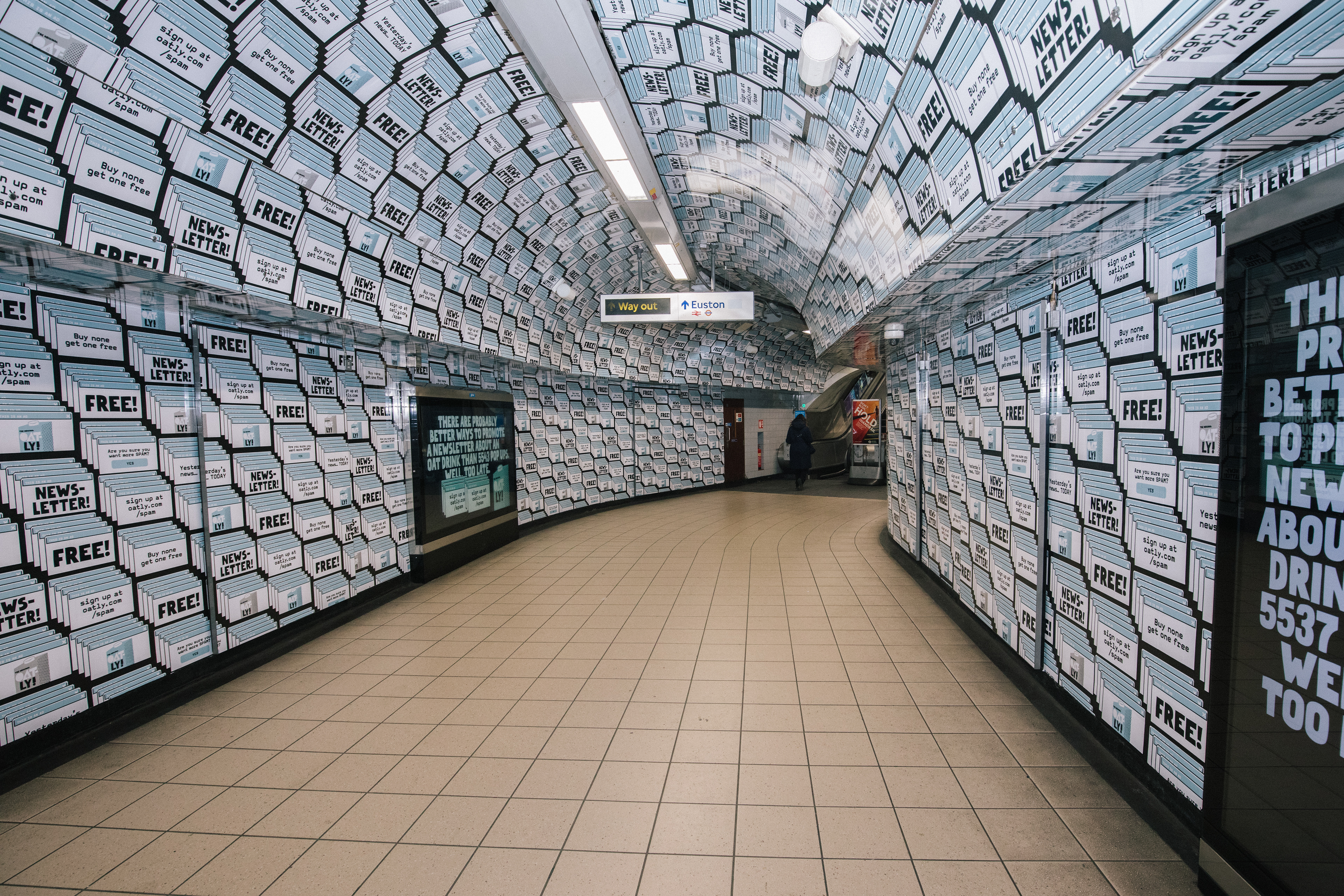

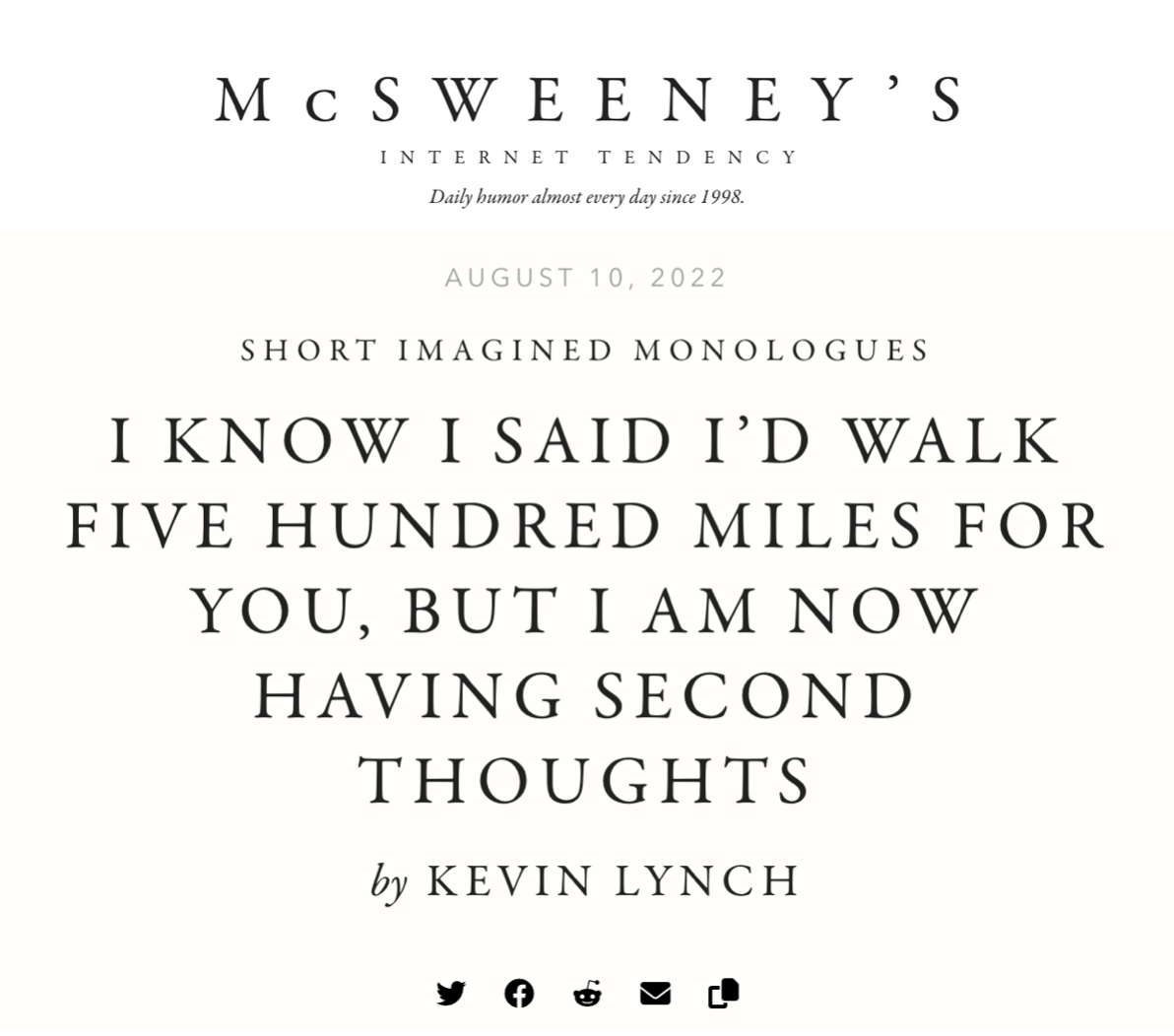
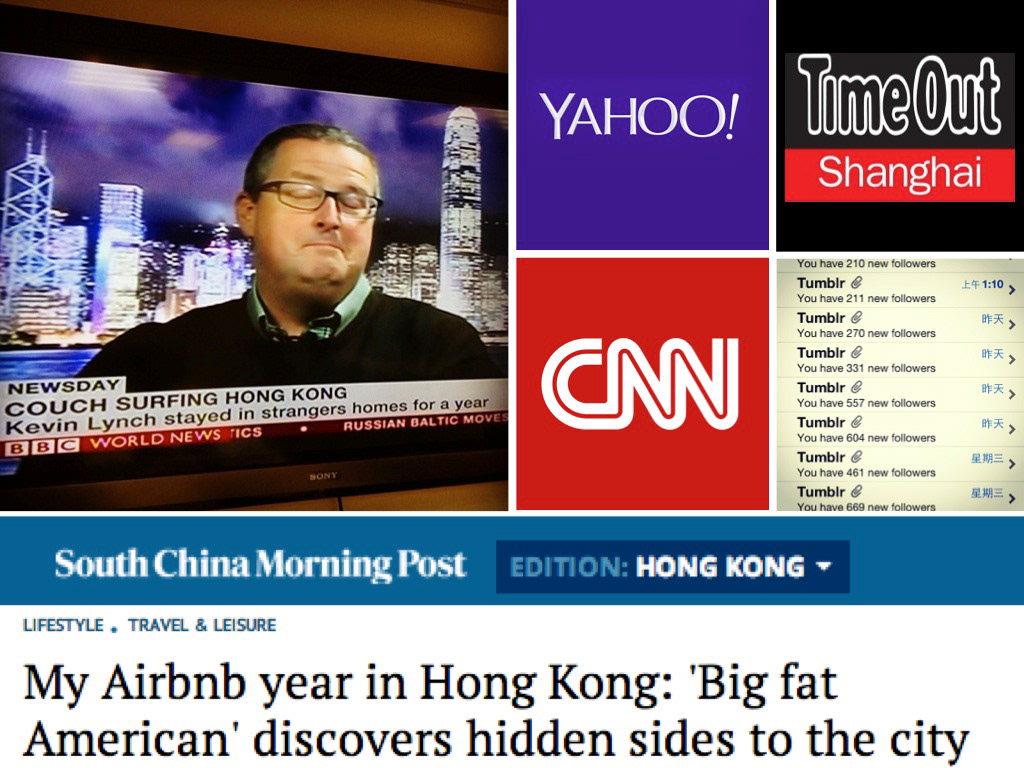
Is ageism in the industry something you thought about in your 30s? Your 40s?
I didn’t think of ageism in my 30s or 40s. Now that I’m in my 50s, I still don’t think much of it. Sure, I can look around and see an industry that’s more youthful than I. But I’ve never viewed fitting in as a realistic goal.
When I was axed by Oatly last year, a recruiter asked if I thought it was because of ageism. I replied, “I’d like to think it’s because I was a pain in the ass.”
Is ageism something that’s affected you? What are some of the challenges you faced as a person who was getting older in the business? Do tell.
When I was axed by Oatly last year, a recruiter asked if I thought it was because of ageism. I replied, “I’d like to think it’s because I was a pain in the ass.”
People will define you by your age if you don’t give them another measuring stick. So I try to provide an alternative. My oversimplified approach is, try to do some great work. Then try to do some more great work. And while you’re doing that, start something else that maybe turns out to be great. Don’t chase titles or bigger paychecks. Don’t stop and pat yourself on the back with awards. Just try to do great work. Then repeat.
My personal website ignores any and all work I did before I turned 50 (after-fifty.com), partially because I think a portfolio should be about what you’re doing, not what you’ve done. Partially because I like the work I’m doing in my 50s more than the work I did in my 40s, 30s or 20s. And partially as a prompt to make sure I keep pushing.
“My personal website ignores any and all work I did before I turned 50 (after-fifty.com), partially because I think a portfolio should be about what you’re doing, not what you’ve done.”
Tell us about your own creative journey. What are your thoughts on where you are now, compared to your mindset when you were in the beginning of your career?
I didn’t ever expect to be living in Malmö, Sweden with a new creative consultancy in tow, but I’m not a plan ahead–er. I believe if you look ahead in life, you’ll spoil the surprise.
So instead, I live by a day–to–day mantra: “Don’t go to bed without a story to tell.” That mindset has led to some unique adventures.
For example, I worked in Hong Kong for three years while my family stayed behind in Shanghai, and instead of getting an apartment in Hong Kong, I decided to stay in a different Airbnb in a different neighborhood each week. That led me to 136 different Airbnbs across nine islands in Hong Kong. I slept in cowsheds, on couches, aboard luxury yachts, on a bed suspended from the ceiling by four wires, in the warehouse of a furniture company, in an old printing press–turned–pop up restaurant, and at a gym that hosted sex parties. (I discovered this fact later, not during my stay… though the rubber sheets were rather telling.)
The experience was transformative and now, I have the ability to face just any situation with a shrug of the shoulders and an “ok, let’s make this work.”
Did the reality of the ad industry contribute to the decisions you made/the path you’ve taken?
I tend to ignore the norms and expectations of the industry and just meander around, stopping at whatever places look like interesting opportunities to contribute. Mostly, that’s led to small, creatively driven shops, though I spent seven years on the client side as well – time I truly adored.
There was one time in my career when I worked for a big agency network, and I quickly shot up the ladder to a fancy title, corner office, huge salary, and global responsibilities. I hope to never do that again.
“There was one time in my career when I worked for a big agency network, and I quickly shot up the ladder to a fancy title, corner office, huge salary, and global responsibilities. I hope to never do that again.”
What do you feel creative people over 50 can offer over someone 20 years their junior, things that are unappreciated, or just plain overlooked?
Experience in this business helps you develop resilience, flexibility, and the ability to bring out the best in lots of different personality types – all come in handy practically daily.
That said, I’d ask the reverse question: What can someone 20 years our junior teach us? Every generation has things to teach. We just need to be open to learning them.
What is your advice to people who are nearing or over 40 in the ad industry?
I wouldn’t think of yourself as a 40–year old in the ad industry. I’d think of yourself as someone who’s really good at selling things. Or good at solving business problems in creative ways. Or good at developing and championing teams. Or good at changing someone’s mind – or a million someones’ minds. Or good at seeing trends before anyone else. Or good at adapting to a rapidly–changing business or new technologies. Or good at harnessing a diverse team and rallying them around a single cause…
The ad industry builds skills that are valuable in just about every business. So if staying in Agencyland works for you, great, But just because the ad industry got you this far doesn’t mean it’s the only place you belong.
I was 50 when I took on a role I’d never had – director of marketing – in an industry I barely knew – education. Does that mean you’ll have to sell yourself harder or more creatively than a candidate with a traditional background? Absolutely.
But I can’t think of anyone better equipped to do so than ad people.
How are you approaching the next 10 years? What does your future hold?
More than anything, in the next 10 years, I want to get better at my job.
That means continuing to improve as a writer. And since I now have a creative consultancy, The Wrong Agency, I want to get better at managing without compromising.
I want to continue to do things I haven’t done, in whatever forms they take. Other than that, I have no plans.
“Maybe I’m naively optimistic, but I believe if we’re talented enough to shape brand perceptions as a profession, we should be talented enough to shape perceptions of ourselves.”
What do you see as potential solutions for ageism in the industry? Any thoughts on possibly unionizing?
I have far more faith in the impact of individual choices rather than collective action. Particularly if the collective action we’re counting on is coming from the ad industry.
Maybe I’m naively optimistic, but I believe if we’re talented enough to shape brand perceptions as a profession, we should be talented enough to shape perceptions of ourselves. By broadening our definition of where a career is supposed to lead (and where necessary, forging our own paths), we can better our odds of continuing to find rewarding roles – all while bringing to life a self–narrative that supersedes age.
What are some positive things you’ve experienced as you’ve grown older in the business?
The value of experience is not that you get better at succeeding, it’s that you get more comfortable at failing.
I’m on my second agency founding now, and I find myself taking far more risks than my partners and I did the first time around – yet, nothing feels risky in the slightest.
At this point, I realize taking risks leads to two results: You either succeed, or you have a good story to tell.
“The value of experience is not that you get better at succeeding, it’s that you get more comfortable at failing.”
Who do you look to for inspiration?
I find my greatest inspiration in the everyday.
I lived in China for over eight years and am now on my fourth year in Sweden, and living in foreign countries makes it easy to find inspiration just by walking out your front door. Each day, you’re coming across people who say, do, or think something unfamiliar – something that challenges the experiences you’ve had and assumptions you’ve made.
I realize that doesn’t sound as cool as a laundry list of hip websites, obscure film directors, or trendy music references. But I guess that’s yet another thing worth mentioning: Once you hit your 50s, you stop trying to impress people and just tell it how it is.
Which, as it turns out, is also cool.

